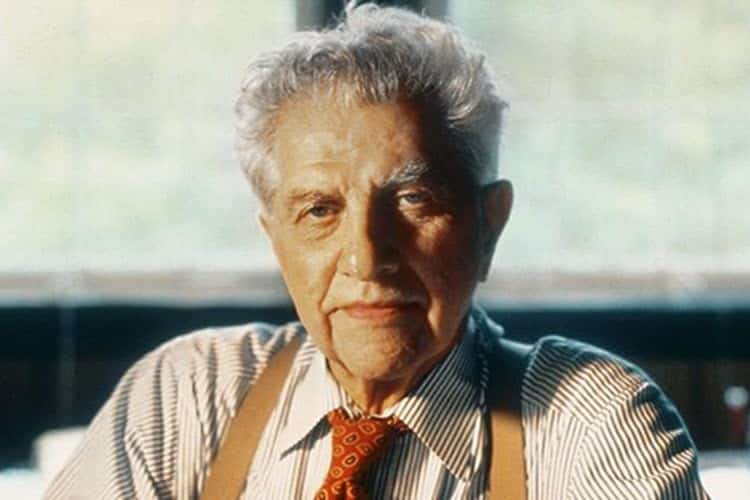Merton Miller (16 May 1923 – 3 June 2000) was an American economist. He was awarded the Nobel Memorial Prize in Economic Sciences in 1990.
Life and Career
He was born on 16 May 1923, in Boston, Massachusetts. He attended the City College of New York, where he earned a Bachelor of Business Administration degree in 1943. He then served in the U.S. Navy during World War II. After the war, Miller attended Johns Hopkins University, where he earned a Ph.D. in economics in 1952. His doctoral thesis focused on the impact of the Federal Reserve System’s monetary policy on the U.S. economy.
After completing his Ph.D., he worked as an economist at the Federal Reserve Bank of Minneapolis and then as a professor of finance at Carnegie Mellon University. In 1961, he joined the faculty of the University of Chicago’s Booth School of Business, where he worked until his retirement in 1993.
He is best known for his work on the theory of corporate finance, for which he was awarded the Nobel Memorial Prize in Economic Sciences in 1990. Along with Franco Modigliani, he developed the “Modigliani-Miller theorem,” which showed that, under certain assumptions, the value of a company is independent of its capital structure.
He died on 3 June 2000, in Chicago, Illinois.
Award and Legacy
He was awarded the Nobel Memorial Prize in Economic Sciences in 1990, for his work on the theory of corporate finance.
In addition to the Nobel Prize, Miller received numerous other awards and honors during his lifetime, including the American Finance Association’s Award for Excellence in Finance Education and the Financial Management Association’s Financial Executive of the Year Award.
His work on the theory of corporate finance has had a lasting impact on the field of economics and finance. His insights into the relationship between a company’s capital structure and its value have informed the way that businesses make financial decisions, and his contributions to the development of the efficient market hypothesis have shaped the way that investors think about the stock market.

